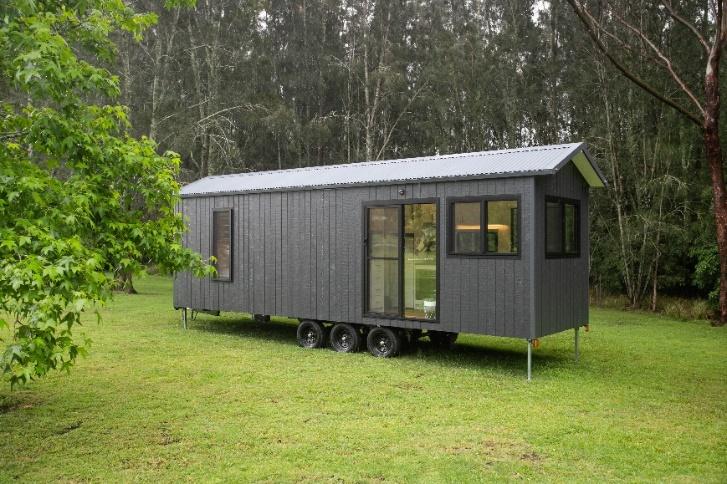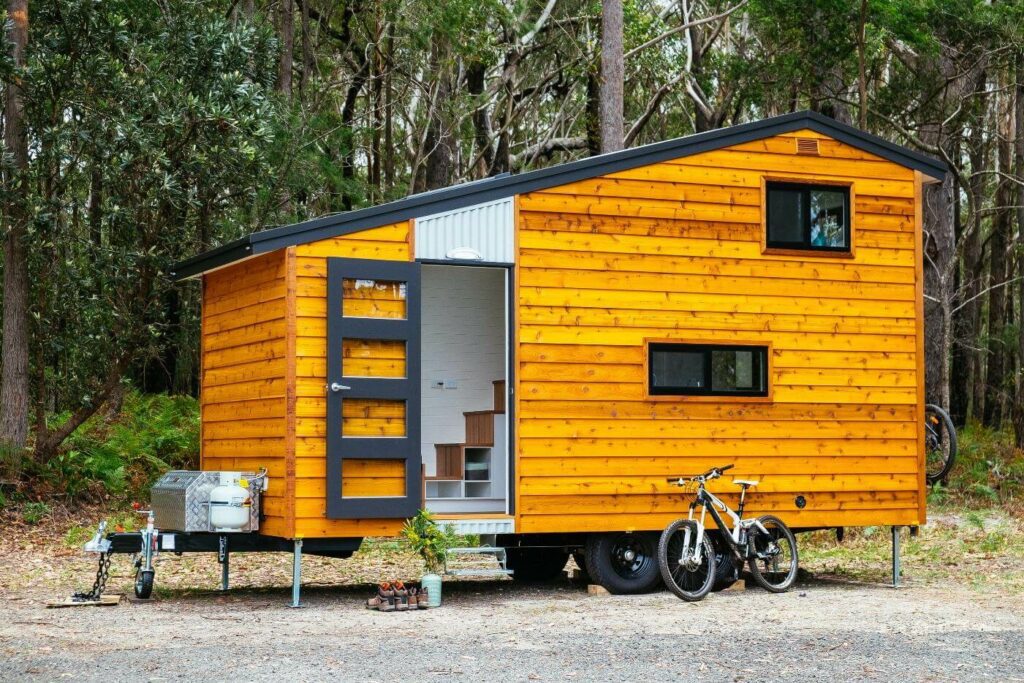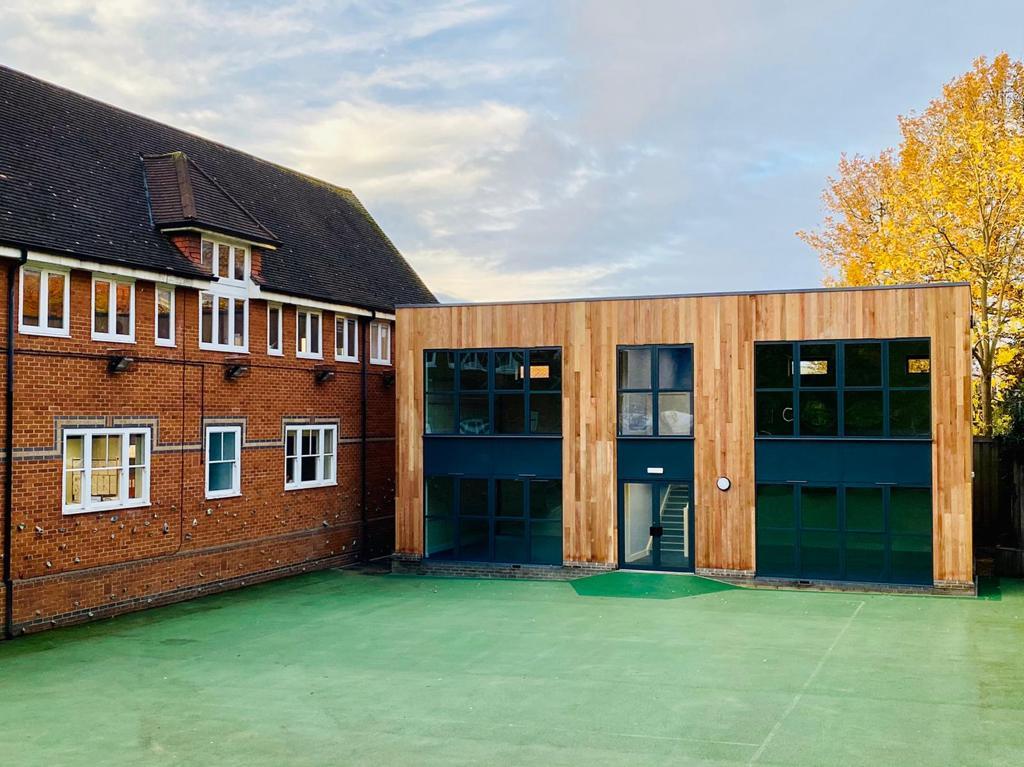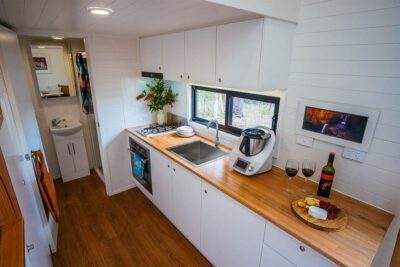Offsite construction… what does this even mean?
It’s a hot topic and we asked our guest blogger, Chris Ward, to give his thoughts about the industry.
Chris who?
We asked Chris to explain in one sentence his background so we could understand the experience behind the answers today – this should be easy right?
I have 20 years of experience in volumetric, modular, and traditional construction, with specialist skills in design, materials, procurement and project management.
So, Chris, what opportunity do you think offsite construction presents as a solution for the future?
Offsite construction is nothing new, it has been a solution for over 100 years, with the UK making much needed use of this in post-war Britain.
Up until recent times there was a stigma attached to these “prefab” homes and we as a nation very much viewed these as “cheap” alternatives to traditionally built buildings, with tin roofs and poor insulation.
This is no longer the case and now with Modern Methods of Construction, modular offsite has boomed, we have all seen new buildings spring up like Lego constructs in a matter of weeks – brand new medical centres, classrooms and hotels. If anything, this is only the beginning.
We are witnessing a renaissance with modular builds up and down the country.
Why do you think there was this ‘stigma’? Where do you think it, all came from?
Historically design choices made to speed up manufacturing time resulted in sub-standard aesthetics. Unlike today’s modern designs, choices on layouts and interiors were very limited and not unique to the end user.
Another factor, we Brits very much enjoy our DIY and for anyone who has tried this will know, it can be incredibly arduous with the paper-thin walls of the pre-fabs of yesteryear.
It’s taken many years for material technology to catch up with design intent (which it has). New industries have sprung up with multiple solutions to what was once a design problem. The choice is yours, interior/exterior your vision can be brought to realization.

Give us some facts about timeframes, cost, carbon footprint and H&S
- With offsite construction you can build processes in your systems, quality assurance is paramount, generally this brings a much higher quality of work, putting you in control
- In the factory environment repetitive jobs will be optimised and completed quicker, which in turn can lower labour costs, putting you in control.
- With offsite construction you are not dictated to by the UK’s increasingly extreme weather changes, giving you control over the elements.
- With offsite you are not beholden to sub-contractors who may change work plans, programmes or schedules on a whim. The factory environment has a dedicated team who’s loyalties lie with the business they are employed to.
- With the controlled environment of offsite, H&S issues become easier to identify, you are much less likely to have incidents and accidents, putting you in control
As illustrated above, Offsite construction gives you much more control over the management of any given project, it allows you to measure times, materials, wastage with ease. Analysis becomes a “doddle” and continuous improvements can be made.
All this “free time” in turn allows for the opportunity to focus on the really important issues such as the Environment, we can easily identify places we can lower our carbon footprint, waste is reduced and not thrown in the skip, we have time to source sustainable products, create a supply chain with foresight and are planning future stock levels, focusing more attention on environmentally friendly materials.
Who doesn’t want to save the world one less skip at a time?
Is there a real difference in roles with offsite and onsite tasks?
The Offsite work force is trained very differently to traditional construction workers, training time is reduced as they do not need years of onsite education to become proficient in their role. In a few weeks mastery of key tasks can be achieved, there is less need of subcontractors because of the offsite processes, the operation becomes transparent, which allow to enact systems putting you back in control.

Top take away for offsite construction – give it to us…
When all construction work is done in the offsite environment, once transportation and craning of the units is complete, there is little to do apart from connect services, gone are the days of busy, noisy construction teams with deliveries all day, there is little disruption to the clients and their sites, putting you in control.
My prediction? I do not believe that offsite will completely take over the construction landscape, why would it?
There are some building techniques developed by ancient civilizations that we still utilise today, there will always be some projects that are not conductive to modular and vice versa.
You just need to take a look at any British city or town, there is a mix of old and new, traditional and modern.
Modular, Volumetric & MMC are newly sharpened tools for the modern construction worker.
However, I do expect it to improve the way we work, it will not only empower the construction team, the designer planning and the overall management of any given project, but it will also empower, most importantly the end user, giving us all a little more control.
I foresee a future where traditional meets with modular, a hybrid of traditional with offsite & modular with both practices complimenting each other, giving us all more control and making us the masters of our own destiny.

If you are interested in knowing a little more about Offsite construction and what that can mean for your business contact a member of our team – we will be happy to talk to you.


